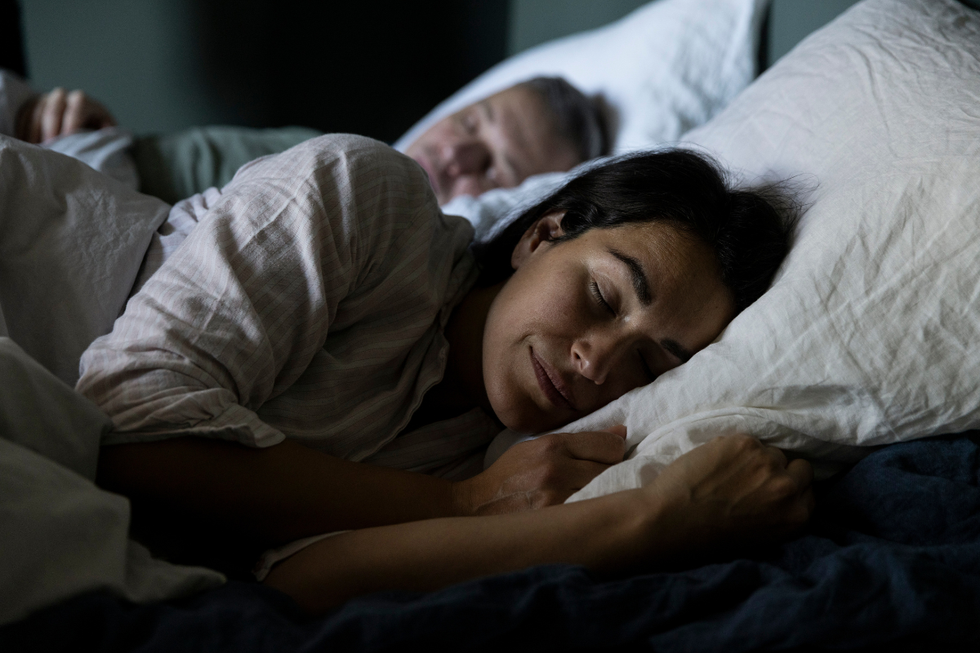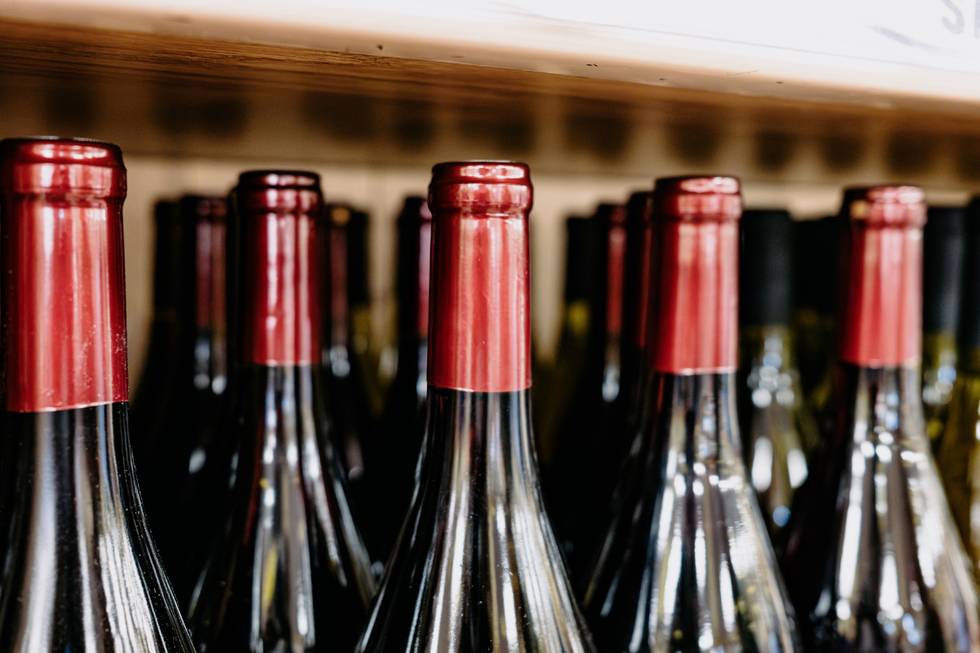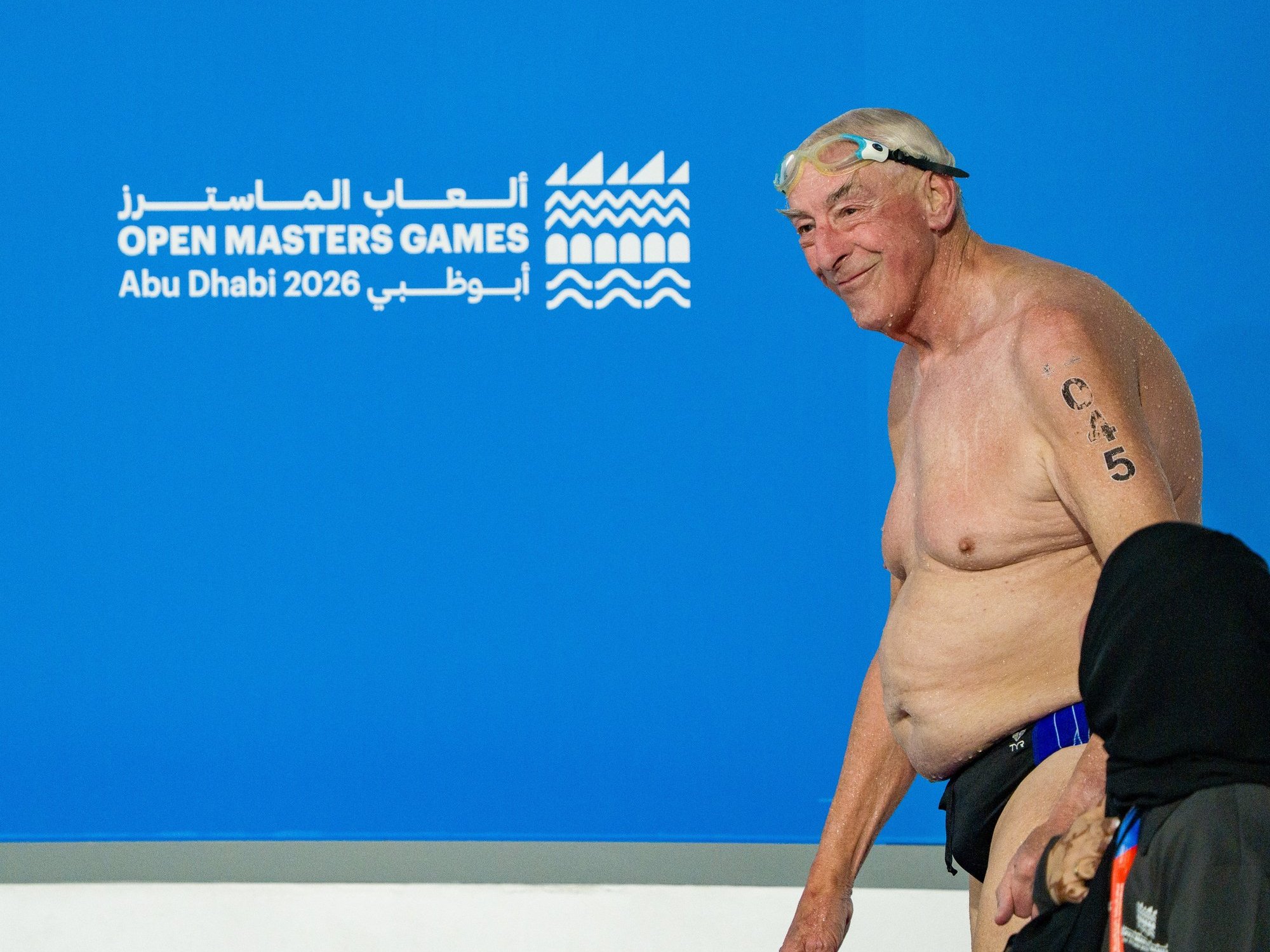A culinary culprit hidden in your diet could be 'root' of your sleep struggles - 'Avoid these foods completely for a good snooze!'

Revealed - The secret to getting a good night's sleep |
GB NEWS
What you eat on a day-to-day basis could be the real reason your sleep is disrupted at night
Don't Miss
Most Read
Getting some good quality shut-eye - or even simply getting to sleep - can be more challenging for some people than others.
But, thankfully, there are expert-approved methods to support your sleep pattern, from building a nighttime routine to prepare yourself for bed or even tricks as simple as sipping on herbal tea.
Armed with more than 10 years in the business, sleep expert Katherine Hall, from Comfybedss, pointed out that your diet plays a central role in the quality of your sleep.
In fact, she handpicked the dietary culprits that could be damaging your sleep schedule without you even knowing.
TRENDING
Stories
Videos
Your Say

There are numerous ways to get more sleep, from a usual bedtime routine to sipping on herbal tea
|GETTY
First, she mentioned the dangers of salty food, suggesting that it could even be “the root of the issue”.
Meals rich in sodium drive fluid retention and increased blood pressure, Ms Hall explained, which culminates in the body struggling to “switch off”.
Salty snacks, therefore, like crisps or cured meats, should be avoided as well. “Smoked hams such as gammon and bacon are full of salt, so avoid these late at night if you’re after a good snooze,” the expert advised.
“This then results in something called superficial sleep, where the sleep isn’t very deep and can often involve disturbances like going to the toilet more, as studies show this can be brought on more by too much salt in the diet.”
LATEST DEVELOPMENTS
The second culinary culprit are acidic foods, such as tomatoes, cheeses, soy sauce and wine.
“If we take a deep dive into certain acidic foods, those struggling to sleep will want to avoid some more than others,” the sleep guru.
“Tyramine is an amino acid that is normally a great addition to anyone’s diet as it stimulates natural brain activity,” Ms Hall added.
For those looking to get more hours of sleep, however, these foods should be dodged “completely” if possible, with tyramine stimulating norepinephrine, which triggers the "fight-or-flight" response.

Drinking red wine can affect your quality of sleep, the guru warned
|GETTY
The third and final food that Ms Hall warned individuals not to consume is spicy foods - but she said meals with a kick should be avoided “altogether” by those looking to boost their sleep.
“Digesting the various spices and chillies you have in your curries or other hot dishes can severely disrupt our body’s ability to thermoregulate, which essentially means managing our temperature,” she said.
“Capsaicin is the chemical in spicy food that causes our temperature to skyrocket, so combine this with the energy your body needs to digest the remainder of the meal, and you can really struggle getting some solid sleep.”










